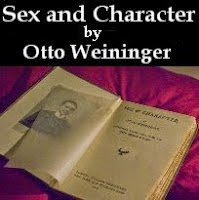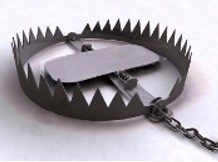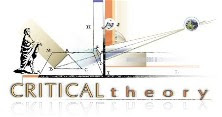 "Both a harvest ritual and a rite of passage amongst the tribes of
the small pacific island of Vanuatu, land diving is now a tourist
phenomenon. The men who live on Pentecost Island in Vanuatu, climb a
rickety 98-foot-tall (30-meter) tower, tie vines to their ankles and
dive to the ground, falling at speeds around 45 mph (72 kph). When a
dive goes correctly, the person gets close enough to touch his shoulders
or his head to the earth. However, unlike bungee jumping, these vines
aren’t elastic and a miscalculation in vine length could lead to broken
legs, cracked skulls, or even death. Boys once they have been
circumcised at about age 7 or 8 begin participating, though they usually
are permitted to jump from a shorter tower. As a boy makes his first
dive, his mother holds an item representing his childhood. When he
jumps, she throws the item away. Divers also refrain from sex the day
before they jump — legend says it will cause the jump to go badly." -- 10 Bizarre Rites of Passage
"Both a harvest ritual and a rite of passage amongst the tribes of
the small pacific island of Vanuatu, land diving is now a tourist
phenomenon. The men who live on Pentecost Island in Vanuatu, climb a
rickety 98-foot-tall (30-meter) tower, tie vines to their ankles and
dive to the ground, falling at speeds around 45 mph (72 kph). When a
dive goes correctly, the person gets close enough to touch his shoulders
or his head to the earth. However, unlike bungee jumping, these vines
aren’t elastic and a miscalculation in vine length could lead to broken
legs, cracked skulls, or even death. Boys once they have been
circumcised at about age 7 or 8 begin participating, though they usually
are permitted to jump from a shorter tower. As a boy makes his first
dive, his mother holds an item representing his childhood. When he
jumps, she throws the item away. Divers also refrain from sex the day
before they jump — legend says it will cause the jump to go badly." -- 10 Bizarre Rites of Passage.
“The female, not the male, determines all the conditions of the animal family. Where the female can derive no benefit from association with the male, no such association takes place.” -- Robert Briffault, The Mothers, I, 191
(Read More Here)























































